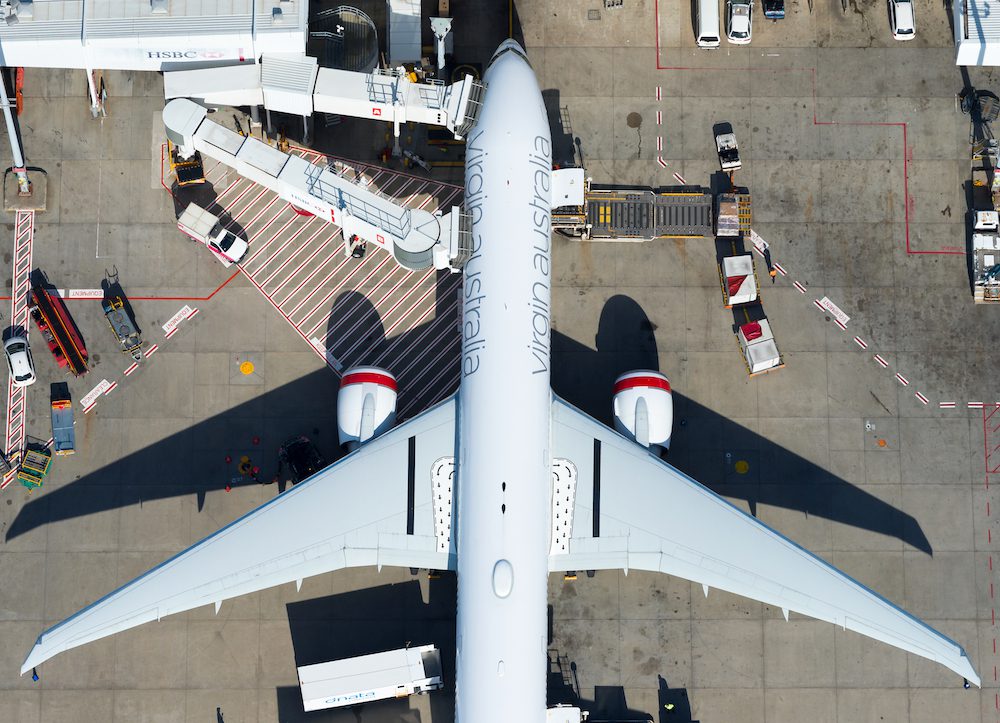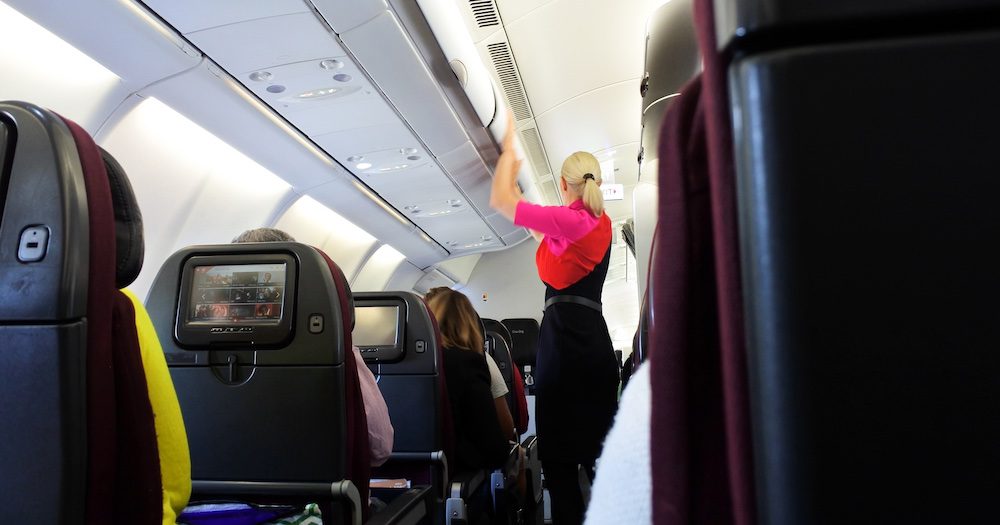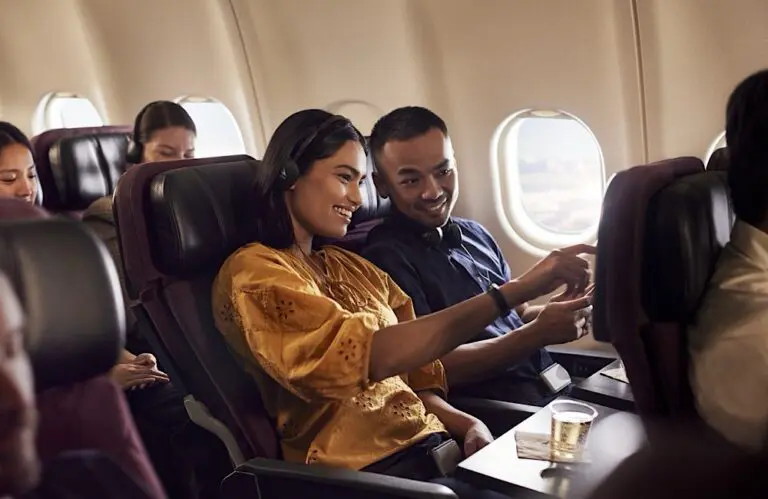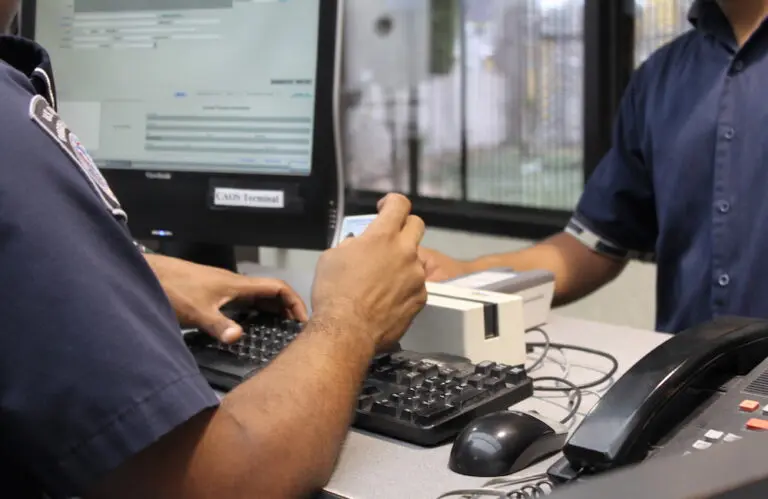The Australian Competition and Consumer Commission (ACCC) will once again monitor the airline sector after the Federal Government reinstated oversight due to concerns about inadequate regulation and competition within the industry.
In summary, the ACCC will monitor service standards, airfares and consumer protection for the next three years.
The decision follows a joint statement issued by Treasurer Jim Chalmers and Transport Minister Catherine King.
Until July, the ACCC regularly issued quarterly competition reports on the airline sector under a three-year directive enacted during the COVID-19 pandemic by the Morrison government.
However, the directive was not renewed following the ACCC’s final report in June, despite widespread calls for its continuation from the commission itself and the broader aviation sector.
According to the Sydney Morning Herald, Qantas is the sole airline to oppose the restoration of ACCC’s competition monitoring.
By contrast, Virgin Australia, Regional Express, and Bonza expressed support for the resumption of ACCC monitoring.

Qantas CEO Vanessa Hudson softened her stance in a recent Senate submission on 6 October, acknowledging a public perception that some form of industry oversight could restore confidence.
Set to commence at the end of the year, the reinstated monitoring will contribute to the long-anticipated aviation white paper. This comprehensive document is expected to shape sector policies and strategies through 2050.
The government announced that the ACCC’s monitoring would consider aspects such as airline capacity on key domestic routes, the number of cancellations, and punctuality regarding arrivals and departures.
The move comes amidst allegations against major airlines, Qantas and Virgin, by airports and industry stakeholders of “slot hoarding” at Sydney Airport.
This practice, involving scheduling and then cancelling coveted take-off and landing slots, allegedly hampers airport access for other airlines. However, both carriers have consistently denied such practices, SMH reports.

Meanwhile, the Australian Travel Industry Association (ATIA) has hailed the announcement as great news travellers and the travel businesses.
“Quarterly reporting by the ACCC is critically important to tracking the overall health of Australia’s domestic aviation sector, especially while travel’s recovery is still underway and capacity still lacking,” ATIA CEO Dean long said.
“We saw the benefits of this monitoring during COVID with the ACCC identifying areas that needed to be addressed including in relation to the sale of tickets for cancelled flights.
“This reporting unlocks critical information that allows consumers and industry stakeholders to receive timely and relevant information including about capacity and prices. The enhancements to add consumer complaints will further build trust.”
Aviation probe over
Elsewhere, the Senate has voted against establishing a second parliamentary inquiry into the aviation sector.
The motion, which aimed to summon former Qantas CEO Alan Joyce to answer questions about competition, was rejected with a vote of 34 to 31.
Joyce left his role prematurely in September following a series of scandals within the company.
While Joyce was unable to appear before the Senate during its recent inquiry into bilateral air rights, Hudson and Qantas chair Richard Goyder faced questioning from senators for four hours. Joyce, who is no longer associated with Qantas in any capacity, was overseas at the time.
As it handed out its 12th and final Airline Competition in Australia report in June, the ACCC flagged that a lack of real competition in local air travel had resulted in higher airfares and lower service levels for passengers. And this comes despite an expansion of Rex Airlines and the entry into the market of new carrier Bonza.
The government had originally decided against funding the ACCC’s monitoring of Aussie airlines beyond June






